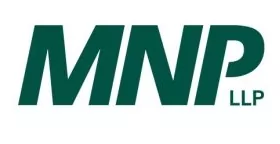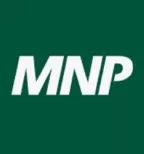Please note this blog was authored by Jennifer Egelnick, Manager, National Anti-Money Laundering Practice
The Autorité des marchés financiers (AMF) is the regulatory and oversight body for Québec’s financial industry. Amendments to the Policy Statement to the Money Services Businesses Act (the Act) published on February 12, 2015 now require money service businesses (MSBs) operating a virtual currency automated teller machine or a platform for trading virtual currency, like Bitcoin, to obtain a license.
As of April 2012, the Money Service Business Act requires all MSBs which offer currency exchange, cheque cashing, operate ATMs, wire transfers, issue or redeem bank drafts, money orders and traveller’s cheques, to obtain the correct class of license from the provincial regulator. Federal regulations dealing with MSBs still do not cover cheque cashers or ATM operators.
In order to obtain a license, MSBs are required to provide personal information on officers, lenders, business partners, directors and owners for analysis. The AMF, along with local authorities and the Sûreté du Québec, reviews application submissions and performs background checks in order to issue clearance reports and licenses based on integrity and good moral character.
The Act also stipulates obligations for MSBs around record keeping and customer ID verification with four types of transactions at certain dollar thresholds. Failure to meet these obligations can result in significant monetary fines or the revocation of an MSB license.
While the AMF awards licenses and provides the framework for legislating money services in Québec, it does not regulate virtual currency. At the time when the policy statement was released, the AMF warned consumers about some of the risks associated with virtual currency; specifically the volatile nature of the product.
Further, the AMF points out that transactions involving virtual currency are not covered by the financial services compensation fund or the deposit insurance fund and losses incurred by consumers are not covered under current policies. Finally, the AMF notes that the anonymity around the product and the low cost of trading make virtual currencies an attractive option for those wishing to defraud consumers through Ponzi schemes and fraudulent investments.
The content of this article is intended to provide a general guide to the subject matter. Specialist advice should be sought about your specific circumstances.


